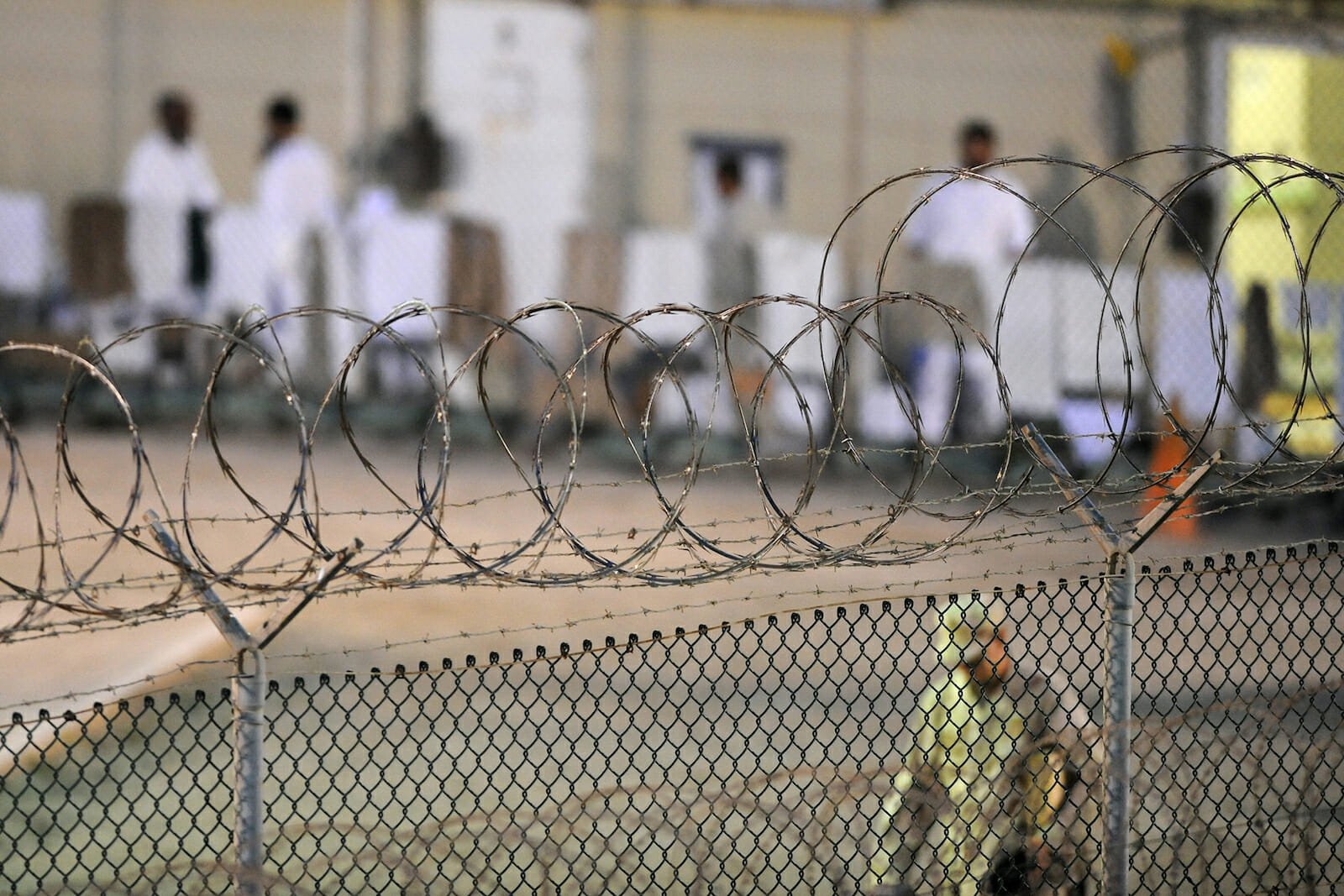
It’s Time to Close Guantanamo Bay
Despite the efforts of the Obama administration to close Guantanamo Bay prison, it remains open–to the detriment of the U.S. image abroad and at enormous cost to taxpayers. We should put on trial those still detained in Guantanamo Bay, and either convict or repatriate them and then close the prison. By doing so, the U.S. can save money, foster goodwill among our allies, and send the right message about our role as a world leader in the fight against terrorism.
Currently, 41 detainees remain in a legal limbo of indefinite detention. In many cases, they are unlikely to face trial, due to insufficient evidence or because requisite evidence was obtained through torture. Many are too dangerous to release due to radicalization, which often occurred in the prison itself. Some detainees, apprehended due to hearsay or mistaken identity, have been labeled “forever prisoners” and told they will never be allowed to leave.
Closing Guantanamo Bay would save U.S. taxpayers hundreds of millions of dollars per year. Yearly operating costs are $445 million. For 41 detainees, that means the U.S. government pays $11 million per person per year. For comparison, the average cost to detain a prisoner at a maximum security facility is $34,000 per year. If all the detainees were transferred to a U.S. maximum facilities, it would save taxpayers. Closing the prison would foster goodwill internationally and improve the U.S. image abroad.
The continued operation of Guantanamo Bay signals to the international community that the U.S. knowingly and willingly flouts international law and norms. This damning display is a stumbling block for the U.S. when it engages in negotiations, especially in attempts to extradite suspected terrorists for trial. Concerns that a suspect will end up in indefinite detention prevents allies from cooperating with U.S. extradition requests. A reaffirmation of U.S. adherence to international law will show the world that we are committed to upholding human rights for all, thus improving our image worldwide.
Finally, closing Guantanamo Bay will send an important message about the U.S. role as a global leader in the fight against terrorism. It will signal that we are revamping our approach, and that we will not allow fear to change the way we do business. It will show the international community that we are not above the law, and that we are actively committed to upholding international agreements, as well as our own constitutional obligations. By committing to the closure of Guantanamo Bay, we can show the world that we are ready to face terrorism head on.
Of course, fears of recidivism prevent progress towards the facility’s closure. Yet confirmed instances of former detainees reengaging in terrorism are estimated at 13.5 percent, much lower than the federal recidivism rate of 44.5 percent. And it’s not as if the U.S. would be releasing likely terrorists back into society indiscriminately. After cases are individually evaluated and trials are held, only those who pose no risk to the U.S. should be released. Those who do pose a risk should be transferred to an American facility. Plenty of Guantanamo detainees have already had their cases heard by U.S. federal courts, and we can do the same for those who remain.
Guantanamo Bay is expensive, embarrassing, and emblematic of fear dictating U.S. foreign policy. Its continued operation is contrary to American ideals and is an undue burden on American taxpayers. We have the capacity and the resources to close the facility. We should show the world that America can lead in the fight against terrorism and can at the same time respect international law and human rights.

